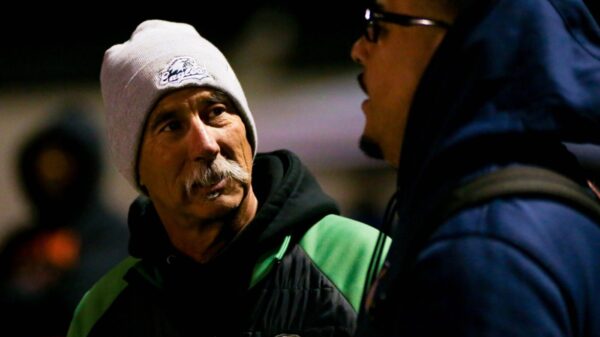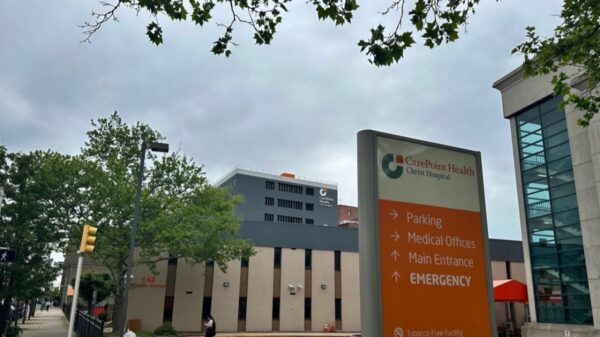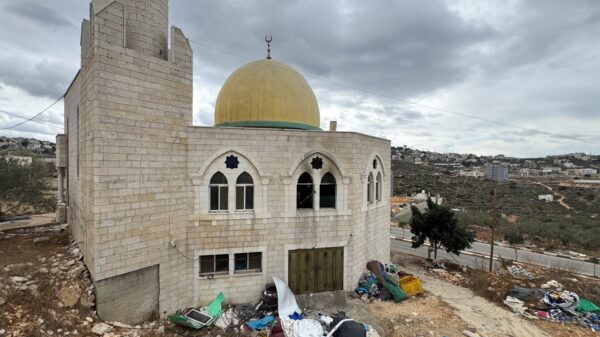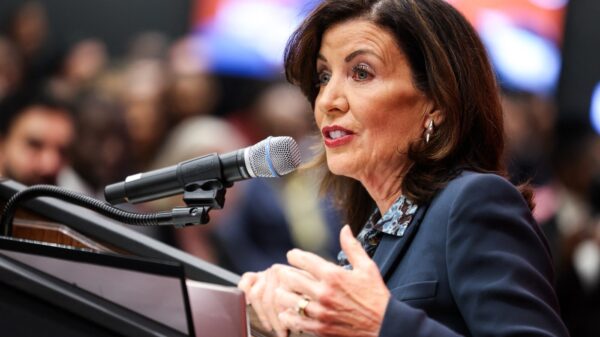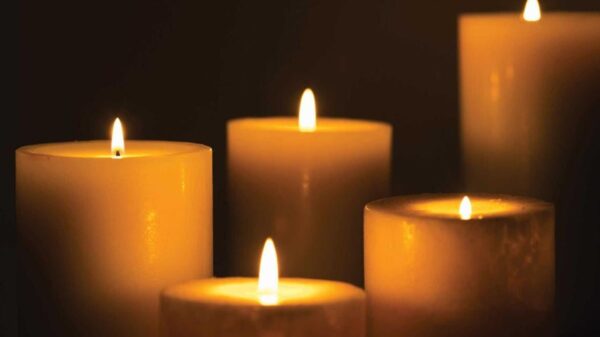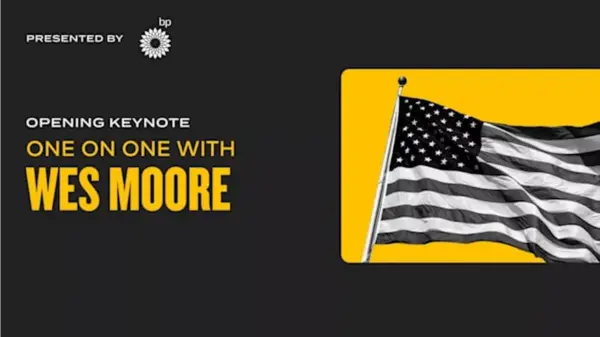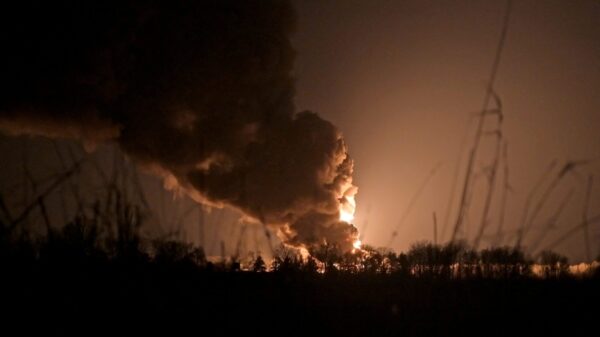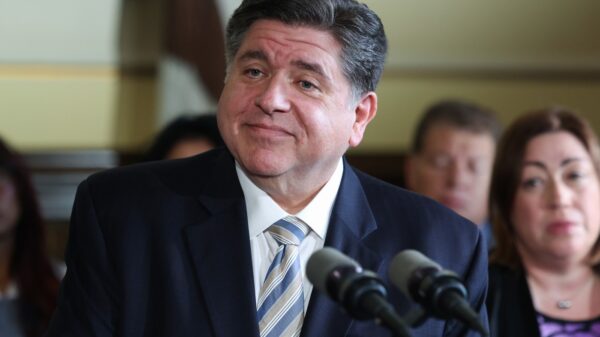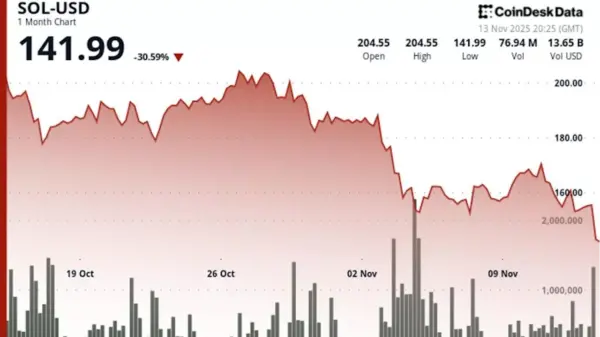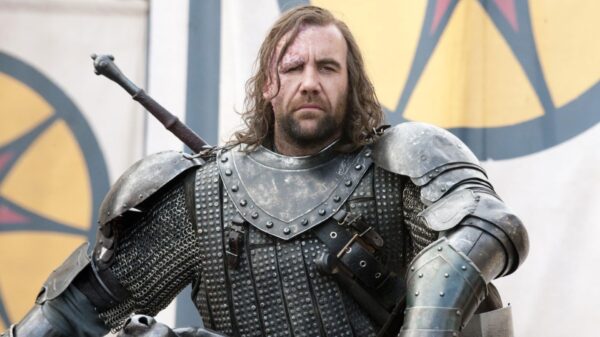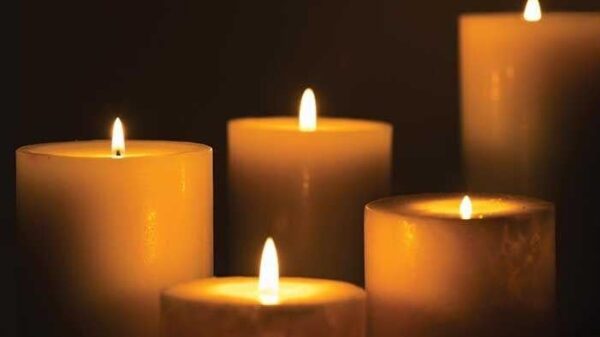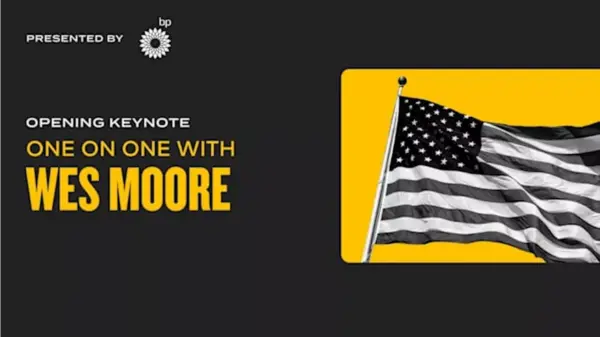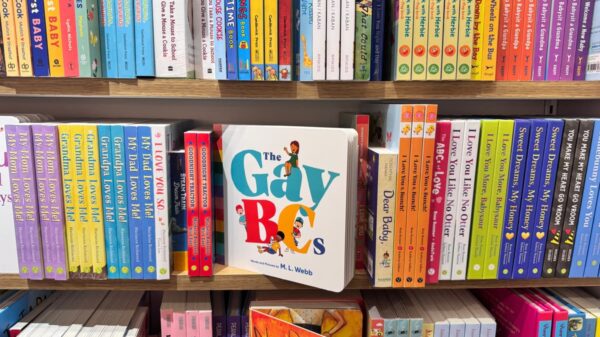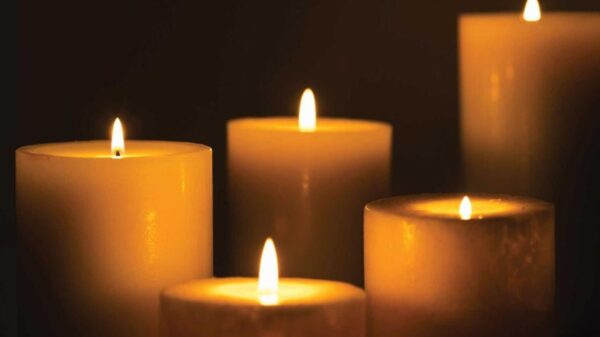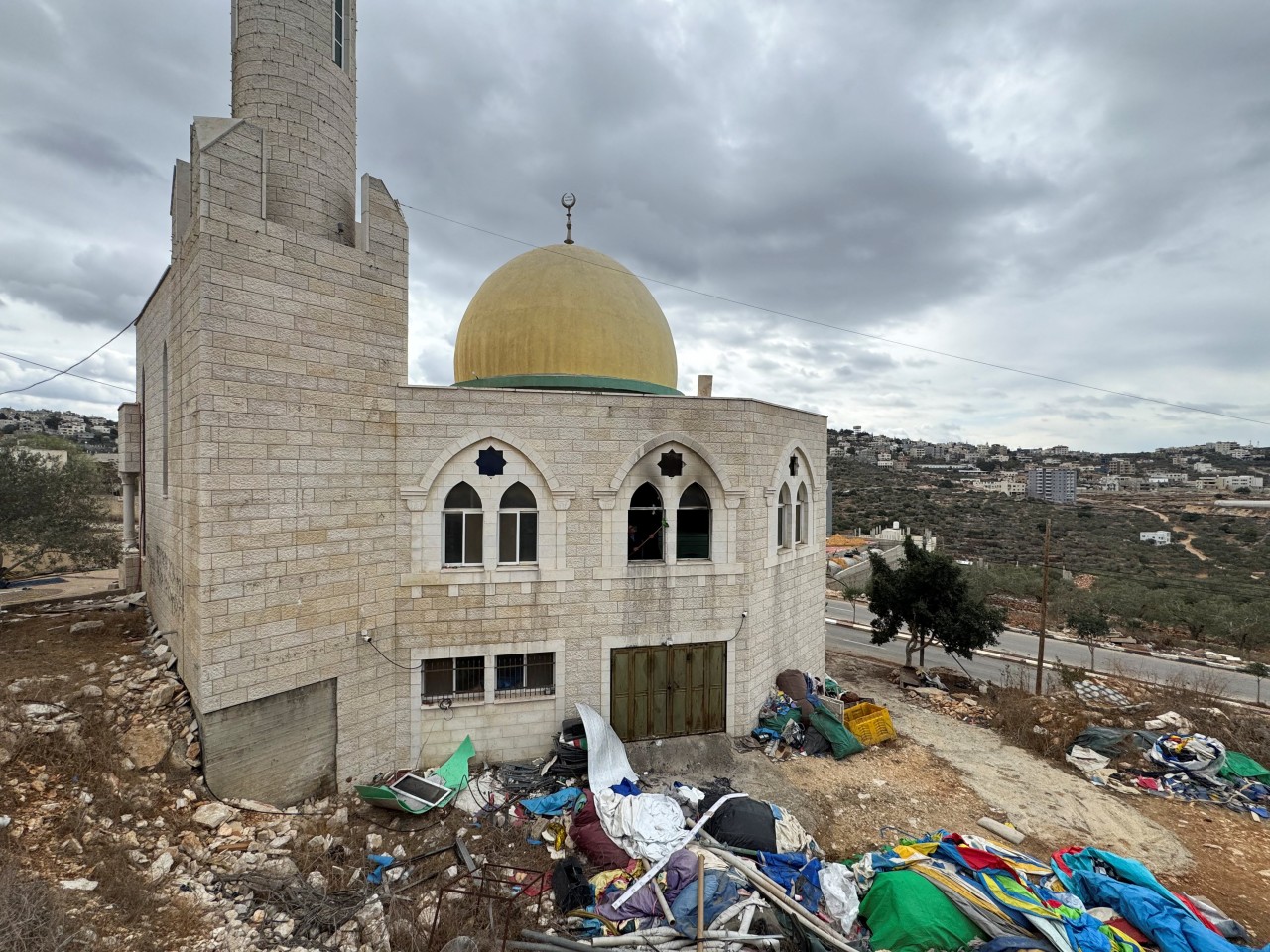Israeli settlers have carried out attacks in the West Bank, including the burning of a mosque, as violence in the region escalates. This surge of hostility has prompted rare condemnation from Israeli authorities and raised alarms within the United States government regarding the worsening situation.
The incident occurred on March 12, 2024, in the village of Burqa, located near Nablus. Settlers reportedly torched the mosque and damaged nearby properties, escalating tensions in an already volatile area. Local sources indicate that this attack is part of a broader pattern of violence that has been increasingly directed at Palestinian communities by settlers in recent months.
International Reactions and Concerns
The Israeli government’s response has been notably critical, with officials emphasizing the importance of law and order. According to statements from the Israeli Defense Minister, Yoav Gallant, the government is committed to maintaining security for all communities in the area. “We cannot allow violence to dictate our reality,” Gallant stated, underlining the need for accountability among those responsible for the attacks.
The U.S. government has also expressed concern over the escalating violence. In a recent statement, State Department spokesperson Matthew Miller reiterated the need for both sides to adhere to commitments aimed at reducing tensions. He emphasized that the protection of civilians is paramount and called for an immediate end to actions that incite violence.
The Palestinian Authority, meanwhile, condemned the attacks and described them as acts of terrorism. Spokesman Nabil Abu Rudeineh stated, “These assaults are systematic and aimed at driving Palestinians from their homes.” He urged the international community to intervene and hold those responsible accountable.
Context of Ongoing Violence
The West Bank has seen an uptick in violence amid ongoing tensions between Israeli settlers and Palestinian residents. According to data from the United Nations, incidents of violence have increased by nearly 50% in the past year, with numerous clashes reported between settlers and the Israeli military, and Palestinian civilians.
A significant factor contributing to this unrest is the expansion of Israeli settlements in the West Bank, which Palestinians and many in the international community consider illegal under international law. The displacement of Palestinian families and the appropriation of land have fueled resentment and conflict.
As violence continues to escalate, the situation remains precarious, with calls for dialogue and peaceful resolutions growing louder. The international community watches closely, urging both sides to refrain from actions that could further inflame tensions.
The recent mosque burning has added urgency to discussions surrounding peace efforts. While some Israeli leaders advocate for stronger law enforcement, others have proposed renewed negotiations aimed at achieving a long-term solution to the Israeli-Palestinian conflict.
The path forward remains uncertain, but the need for de-escalation and mutual respect has never been more critical. As the world observes these developments, hopes for a peaceful resolution hang in the balance.


